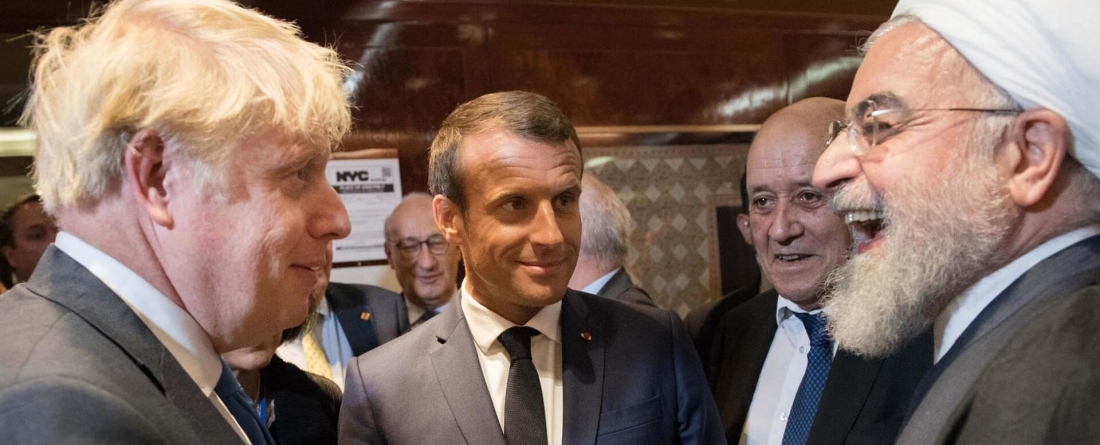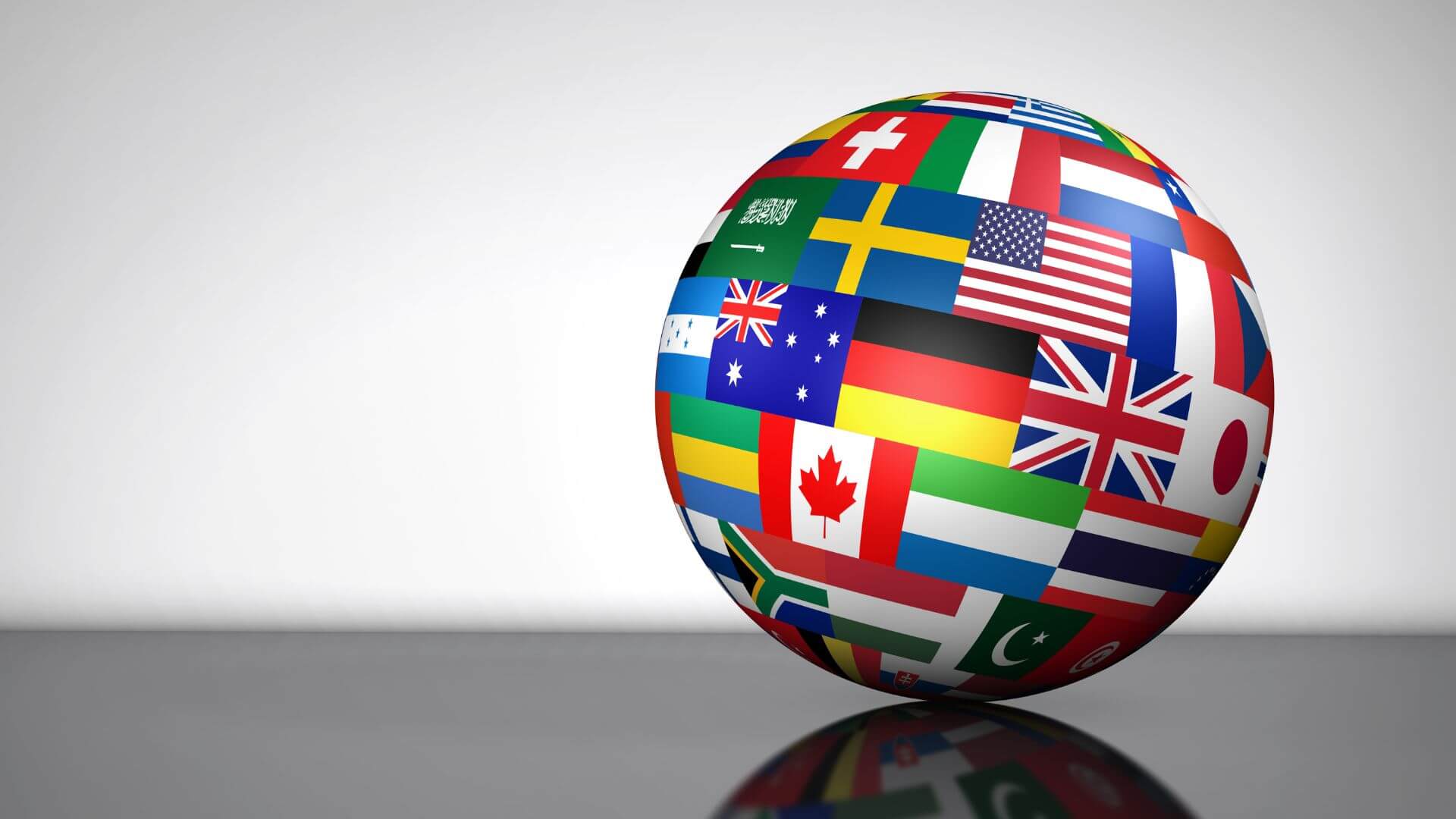
Fifteen months after the United States withdrew from the Joint Comprehensive Plan of Action (JCPOA) and began reimposing sanctions on Iran, 59 percent of Iranians think their country should also withdraw. Three in four (74%) support the government’s new policy of gradually exceeding some JCPOA limits and threatening withdrawal unless other signatories do more to allow Iran to benefit from the deal. Just as many (75%) say that Iran should not end nuclear enrichment, even if the United States promises sanctions relief, according to a new CISSM survey, "Iranian Public Opinion under 'Maximum Pressure'."
Iran’s current policy is much more popular than its previous stance of complying fully with the deal while waiting to see if the EU countries, Russia, and China would normalize trade and economic relations with Iran as stipulated in the JCPOA, despite the heightened threat of secondary US sanctions. Fifty-three percent supported the previous policy in May, 21 points below current support for the new policy.
For the first time, fewer than half approve of the JCPOA (42%), while 52 percent disapprove. Also for the first time, a strong majority (69%) lacks confidence that the remaining parties will uphold their obligations, up 33 points since January 2018. Only a quarter (24%) look positively on European efforts to create channels for trade with Iran. Almost half (46%) do not think such efforts are really taking place; another 25 percent say they are “too little, too late.”
The reimposition of sanctions has not increased economic pessimism in Iran. Sixty-eight percent view the economy as bad, down from 72 percent in April 2018, right before the United States withdrew from the JCPOA. A slim majority (54%) says the economy is getting worse, down 10 points from April 2018 (64%). The reimposition of US sanctions is shifting the locus of blame for Iran’s poor economic conditions, though. The number that blames domestic economic mismanagement and corruption (55%) remains higher than those who blame foreign sanctions and pressure (38%), but the current 17-point gap is smaller than the 31-point gap in January 2018.
"One of the main objectives of the Trump administration’s ‘maximum pressure’ campaign is to increase economic and political dissatisfaction until the Iranian government either acquiesces to Secretary of State Pompeo’s twelve demands or is replaced by a form of government more to the United States’ liking,” said Nancy Gallagher, director of the Center for International and Security Studies at Maryland (CISSM), and one of the report’s authors. “Our data, however, indicate that contrary to what US officials anticipated, public dissatisfaction with the economy has gone back to where it was before US withdrawal from the JCPOA. More importantly, public attitudes in Iran are hardening against the types of policy changes that the Trump administration is trying to achieve.”
Three quarters (75%) say Iran should not agree to permanently refrain from nuclear enrichment on its soil. A clear majority (58%) also opposes increasing the duration of JCPOA constraints.
Those who say the sanctions are negatively impacting Iran’s economy are not more supportive of Iran making major concessions than those who say the sanctions are having little or no negative impact. Among the 40 percent of Iranians who call the economy “very bad,” only 4-5 percent would approve of permanently refraining from enrichment or increasing the duration of JCPOA constraints without corresponding concessions from the United States, similar to the public as a whole.
Two in three Iranians (63%) think the United States has sanctioned Iran to the fullest and “cannot make Iran’s economic conditions more difficult…even if it tries,” while only 35 percent think the United States can “greatly worsen” the economy. A clear majority see a silver lining to the sanctions: 81 percent agree that “while it’s unfortunate that some outside powers are still blocking Iran’s participation in the world economy, we can use current circumstances to build up our domestic industries to meet our own needs. This will reduce unemployment and make our society more resilient.”
Negative attitudes toward the United States have reached 86 percent (73% very unfavorable). This is the highest level ever recorded by studies in which CISSM has participated. In 2005, during the Iraq War, a Zogby survey found 37 percent of Iranians saying “America is a model country for its values and freedoms.” Now, the percentage expressing that view has plummeted to 12 percent. US policy holds that humanitarian goods and supplies may freely enter Iran. Yet, 70 percent believe that US policy is to block humanitarian trade (definitely, 53%). “As the United States increases it pressure on Iran, Iranians are becoming more distrustful and disdainful of the United States, making them less likely to encourage their government to adopt conciliatory policies toward the United States and its allies,” said Ebrahim Mohseni, a research associate at CISSM and one of the report’s authors.
Seven in ten (72%) now think the JCPOA experience shows “it is not worthwhile for Iran to make concessions” because other powers will not follow through (up from 67% in January 2018). An increasing majority (58%) oppose limits on Iran’s ballistic missile program and less than one in ten say Iran should halt its ballistic missile testing to build confidence in the nature of its program.
US compliance with the JCPOA agreement appears key to Iranian public support for remaining in the nuclear deal and entering broader negotiations. Only 45 percent said they would approve of Iran fully complying with all of its JCPOA obligations if only the European signatories made specific commitments to increase trade and investment, but an additional 24% would approve if the United States also allowed Iran’s main customers to resume purchasing oil. Fifty-three percent would be willing to enter negotiations on a broader deal with the P5+1 signatories of the JCPOA after all fully honored their side of the original bargain, but only 18 percent would negotiate with the Europeans on broader issues before the United States had rejoined the JCPOA and lifted all nuclear-related sanctions.
The Iranian leaders gaining popularity are unlikely to support conciliatory policies toward the United States. General Soleymani continues to have the highest ratings of the prominent Iranians evaluated (82% favorable). The favorability of Seyyed Ebrahim Raisi, the conservative candidate for president in 2017 who now heads Iran’s judiciary, has increased by 10 points since January 2018 to 64 percent. In contrast to views of Rouhani’s anti-corruption efforts, increasing majorities believe that the judiciary is trying to fight economic corruption (73%) and has increased its efforts since last year (60%). The favorability ratings of President Rouhani and Foreign Minister Zarif have declined since January 2018.
The survey’s first wave began a week after the United States listed the Iranian Revolutionary Guard Corps (IRGC) as a terrorist organization. It found extensive public support for the IRGC. Sixty-one percent thought the IRGC “performed very well” in response to the severe spring floods. Three quarters of Iranians (75%) said in May 2019 that the IRGC’s activities in the Middle East have made Iran more secure; five months later, the number holding that view rose to 81 percent (“a lot more,” 53%).
The Center for International and Security Studies at Maryland (CISSM) conducted the survey with IranPoll, an independent Toronto-based polling organization. Telephone interviews of 1,002 Iranians were done April 17 through May 4, 2019. A second wave of interviews with 1,009 Iranians was conducted August 25-29. A third wave with 1,004 Iranians was conducted October 1-8. The margin of error for each wave was +/- 3.1 percent.



